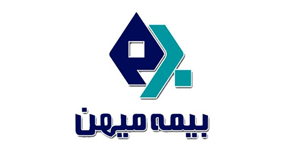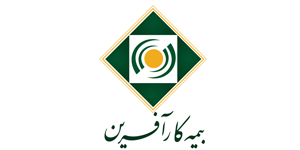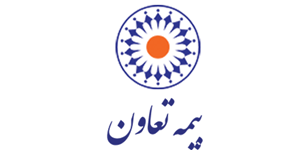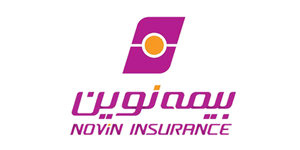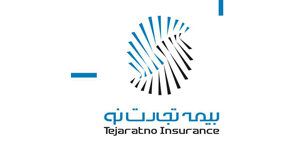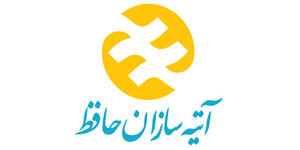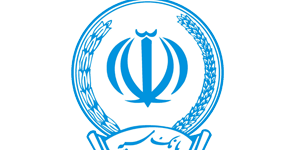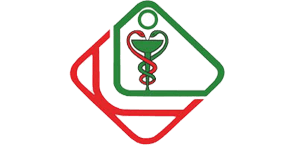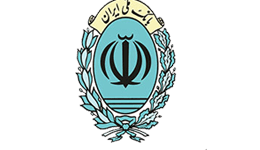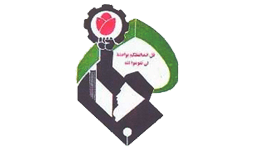Embryo Transfer
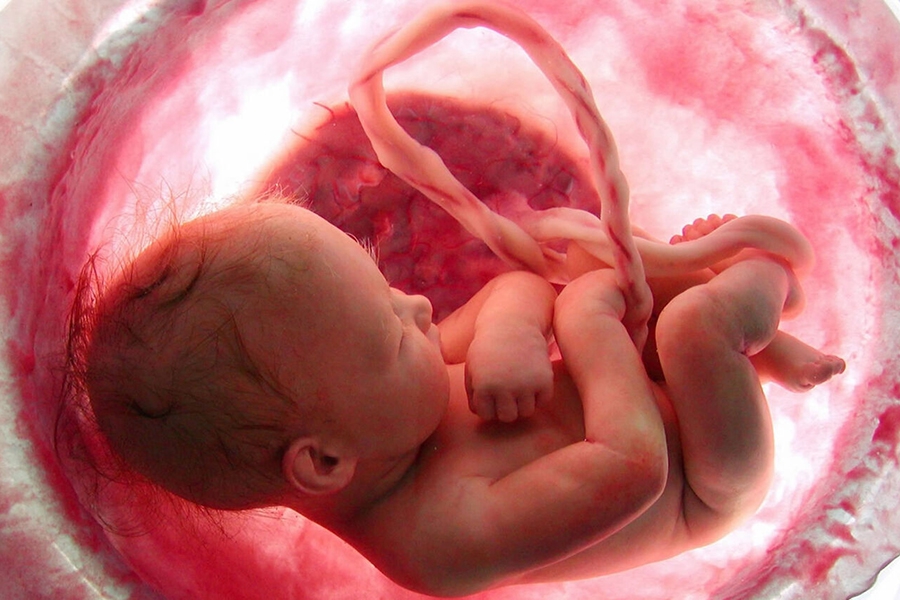
Embryo Transfer into the Uterus (Embryo Implantation)
This step is done without anesthesia. In this procedure, the embryo are placed in a thin tubular device and transferred to the uterus through the vaginal route.
Considering the conditions of the uterus, the age of the women and the quality of the embryo, a suitable number of embryos, usually 2 to a maximum of 3 ones are transferred into the woman’s uterus, and after 12 to 14 days of the embryos transfer, a blood test can be used to determine whether a woman is pregnant.
- Nutritional Recommendations after the Transfer Operation (Implantation)
There is no special diet after embryo transfer and the patient is allowed to consume all foods.
- Pregnancy Test
The pregnancy test is done two weeks after embryo transfer by performing a blood test (serum measurement of Beta HCG hormone).
It is necessary to inform the head nurse of the ward of IVF operating room by phone number: +98 35-33182234 every morning (in the morning on non-holiday days from 8 to 11 o’clock) about the result of the pregnancy test.
Usually, if the test result is positive, the test is repeated 48 hours later to ensure the increase in the amount of pregnancy hormone in the blood.
If the patient encounters problems such as spotting, abdominal pain, decreased urine volume and so on, during this period, she must contact the emergency room doctor by calling phone No: +98 35-33182241.
- IVF Success Rate
The chance of success with IVF depends on various factors such as the causes of infertility, age and the equipment of the infertility center. For people under 35, the success rate of IVF is between 30 and 35 percent.
- IVF Cost
The cost of performing IVF in Madar Hospital is depended on the instructions of the Ministry of Health and the approved tariff, also in this center, the government support options is implemented based on the relevant regulations.
- Necessary Precautions after IVF Operation
- Medications Used after Embryo Transfer
Women who are undergoing IVF treatment and have done embryo transfer should know their medications.
Medications used after embryo transfer mainly include:
- Hormonal drugs such as Estradiol and Orogesterone
- Pharmaceutical Supplements
- Medications used by the patient in special conditions after embryo transfer, such as: Thyroid and Steroid drugs for people with Asthma and Lupus which they were already consuming.
Taking all these drugs varies due to the attending physician’s opinion and depending on the conditions of the patient.
- Travelling after Embryo Transfer
After embryo transfer, there is nothing wrong with traveling by any means, in any form and distance.
- Resting after Embryo Transfer
Having absolute rest after embryo transfer is not recommended. The main reason for not resting after it is that inactivity can increase blood clotting; in addition, there is no need to raise the legs. It is also safe to work after embryo transfer; women can go to work after this operation and there is no special reason for them to rest.
- Having Sexual Intercourse after Embryo Transfer
The sexual intercourse from 48 hours after embryo transfer is not prohibited.
- Health Cares after Embryo Transfer
After embryo transfer, the water used while bathing should not be too hot, and going to the Sauna and Jacuzzi is also prohibited due to excessive heat.
- Sleeping Positions after Embryo Transfer
There is nothing wrong with any type of sleeping position after embryo transfer according to the patient’s wishes. It is recommended to have 8 hours of night sleep every night, and 30-45 minutes of daytime sleep.
During this period, ways to improve the quality of sleep are recommended as follows:
- Creating best room temperature for sleep
- Taking a warm bath or shower before bedtime
- Stop drinking caffeine (Tea, Coffee) 4 to 6 hours before bed
- Listening to a soft music
- Stop using electronic devices (TV, laptop and Mobile phone) 30 minutes before bed
 loading...
loading...![[company]](https://madarhospital.com//upload/logo-1575530599.jpg)

